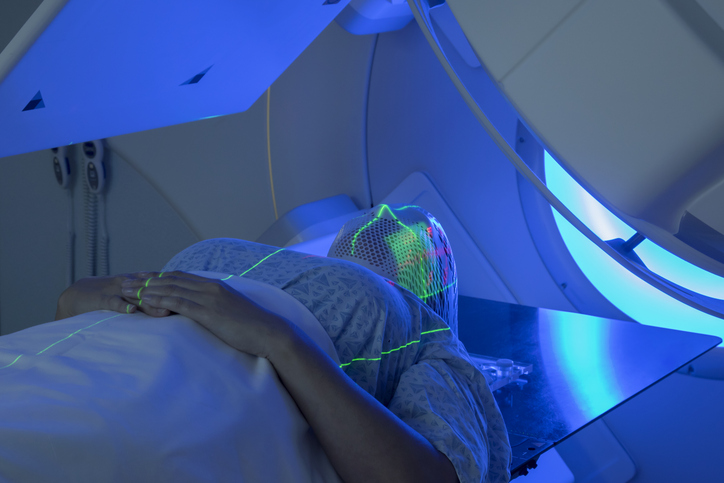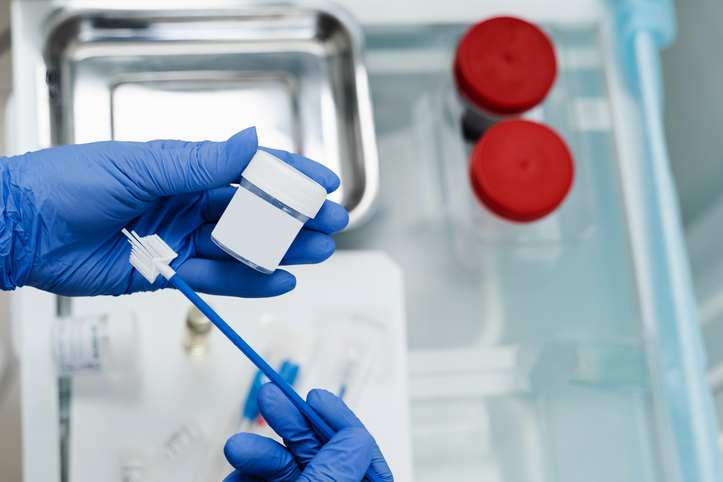
A report from Reuters noted that lymphoma patients are increasingly turning to experimental cancer treatments rather than chimeric antigen receptor (CAR) T-cell therapies tisagenlecleucel and axicabtagene ciloleucel.
Sales of these CAR T-cell agents have been slow, with both priced in excessive of $373,000 for a single treatment—leading to more than a $1 million in overall treatment costs for each patient. In addition, reimbursement confusion has delayed Medicare payments for these agents, and private insurers are only covering the therapies on an individual case basis. Another hurdle: The Lymphoma Coalition estimates that there are 120 mid- and late-stage U.S. clinical trials for advanced diffuse large-cell B cell lymphoma.
Clinical trial treatment
Between May 2017 and December 2018, just a quarter of nearly 900 adult patients with lymphoma treated with CAR T-cells were enrolled in clinical trials, according to Vizient Inc. The Reuters report said patients usually seek treatment with U.S. Food and Drug Administration-approved agents before moving on to experimental therapy. In addition, a recent National Cancer Institute study estimated that no more than 8% of all patients with cancer participate in clinical trials.
Vizient analyzed health insurance claims from 58 major U.S. hospitals, including most of the centers that are authorized to administer CAR T-cell therapies. They found that medical bills for patients engaging in clinical trials who receive the cell therapies for free from the drugmaker were about 50% lower than costs for people treated with tisagenlecleucel or axicabtagene ciloleucel on a commercial plan.
The University of Alabama’s O’Neal Comprehensive Cancer Center said it refers about a quarter of patients with lymphoma to clinical trials. The center is authorized to administer axicabtagene ciloleucel but has not yet used it for a paying patient for lack of insurance coverage.
A higher percentage of patients receiving CAR T-cells in clinical trials could impact Medicare’s reimbursement calculations, which are based on average costs.







 © 2025 Mashup Media, LLC, a Formedics Property. All Rights Reserved.
© 2025 Mashup Media, LLC, a Formedics Property. All Rights Reserved.